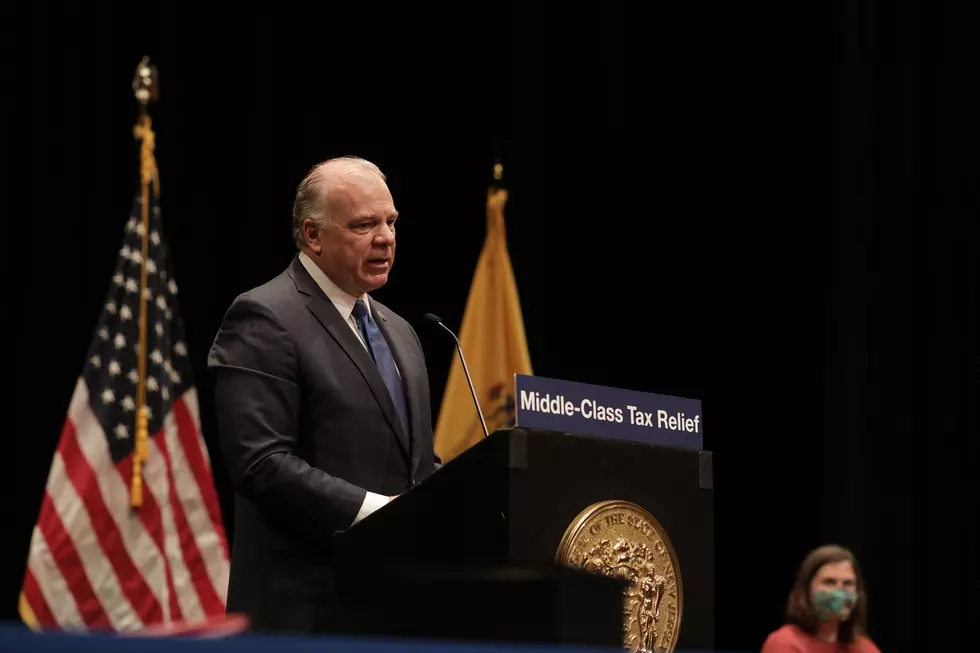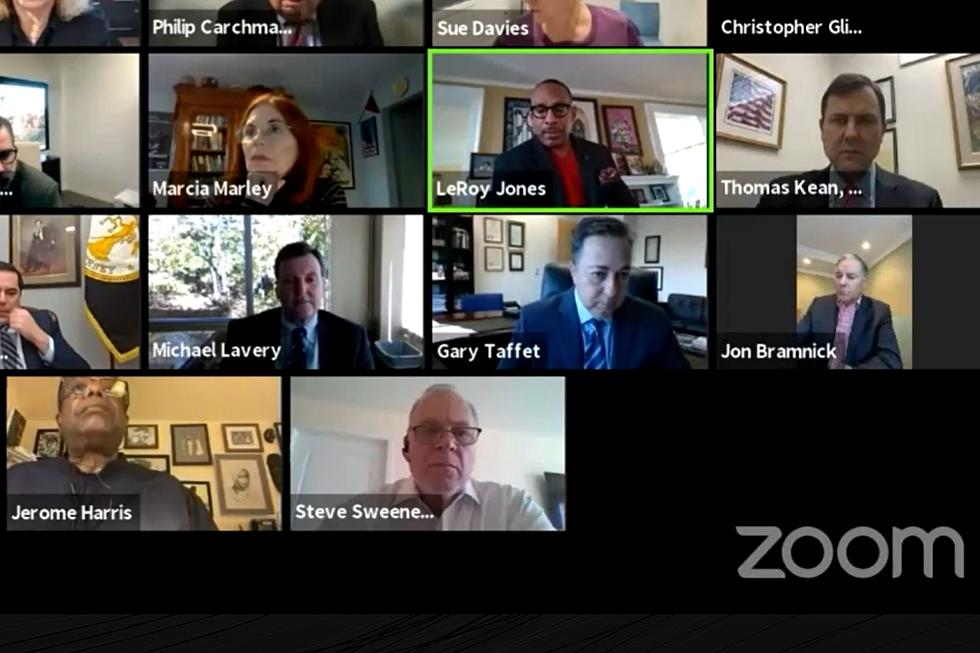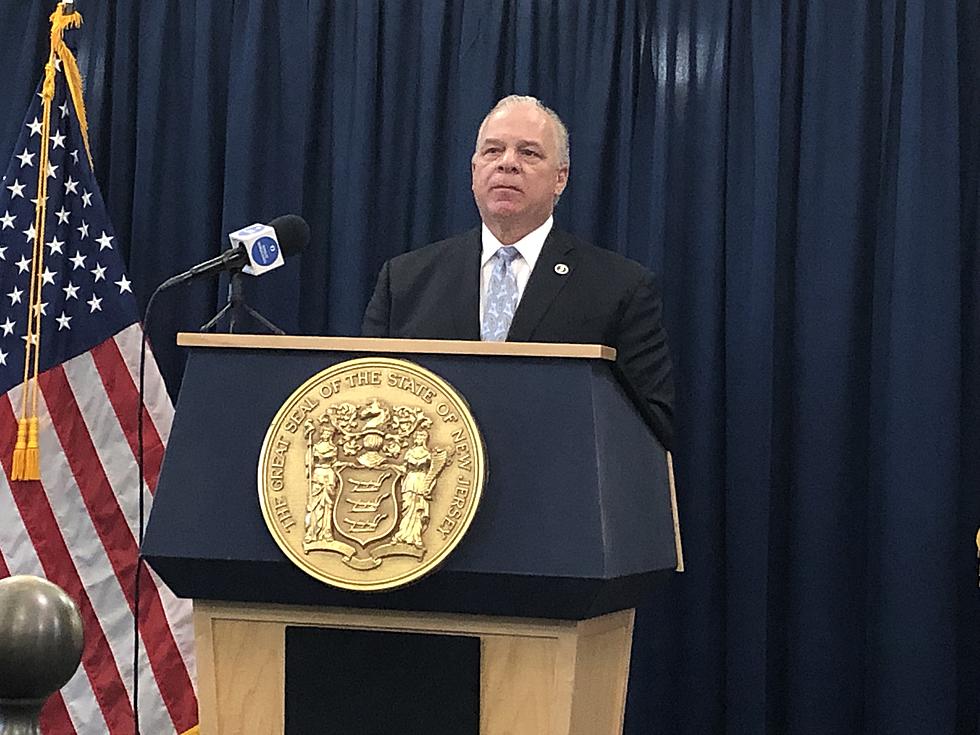
Proposed NJ Law Lets ‘Smart’ Parking Meters Issue Tickets by Mail
You've run out of time on the meter and rush back to your car, praying there's no slip waiting for you under the wiper blades.
If there's no ticket, and no officer nearby in the process of writing one up, you're in the clear and can pull away — end of story.
But under legislation advancing through both houses of the New Jersey Legislature, the story would not necessarily end there. In the days or weeks to follow, a violation notice — and an associated fine — can show up in your mailbox.
The issuance of electronic violations is part of the measure from Senate President Steve Sweeney, D-Gloucester, that authorizes the use of camera-equipped digital parking meters that can instantly notify officers when a violation has occurred.
Upon receiving an alert, an officer would determine whether a summons should be issued — and it wouldn't have to be placed on a driver's windshield by a human being, like current law dictates.
The practice took place in Palisades Park as part of a pilot program from late 2016 through much of 2017. The number of parking tickets in the borough reportedly increased substantially from the year prior. The 20 smart meters, which represented nearly 9 percent of Palisades Park meters, issued 23 percent of all violations.
Sweeney's bill is awaiting a vote by the full Senate and advanced through a pair of Assembly committee since June 11.
State Sen. Declan O'Scanlon, R-Monmouth, the legislature's most vocal opponent of New Jersey's red-light camera program that came to an end in 2014, said he's in favor of the camera-in-meter legislation. Tickets issued for parking violations, he noted, are less subjective than violations at an intersection that don't take into account all factors at play.
"This bill avoids the scourge that was red light and speed cameras," O'Scanlon said during a Senate committee hearing.
Brian Cassady, CEO of the company that installed smart meters in Palisades Park, said while the number of tickets may spike initially after the meters are installed, the meters ultimately result in a greater rate of drivers who are willing to feed the meters.
"When we install the system, the compliance rate with people paying for parking the way they should typically goes from the low 60s to about 95 percent in a matter of months," Cassady said.
Under Sweeney's measure, a mobile application must be integrated into the smart device that would allow drivers to receive advanced notice of a meter's expiration time, and replenish the time on the meter.
During the first 30 days of installation, the bill states, warning notices would issued to violators, instead of summonses, so the public is well aware of the technology in use.
State Sen. Joe Cryan, D-Union, said the measure is "big brother at its worst," but he voted for its passage because it also imposes a $2 surcharge on parking violations that would go to efforts designed to promote the use of designated drivers.
More From WPG Talk Radio 95.5 FM










